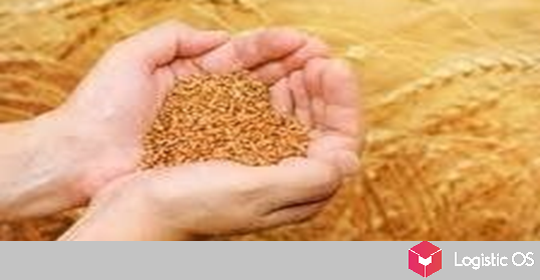There is a possibility that Russia and Brazil will increase supplies of the main types of grain to Saudi Arabia.
Saudi Arabia is currently an actively developing country that consumes more and more food products, including grain, every year.
Since its own production is largely limited by territory and climate, the Saudis have to actively resort to export.
According to the report of the US Department of Agriculture, wheat imports to Saudi Arabia in the 2024-2025 season may increase by 2% and reach 4.25 million tons. At the same time, its own production will also increase by about 300 thousand tons, to 1.5 million tons.
As for domestic consumption, it will be about 4.5 million tons. Moreover, experts warn that this figure will certainly continue to grow, and at a fairly noticeable rate — 4% per year.
The main supplier of wheat to the country is currently Russia, whose share is 49%. It is followed by the European Union, which accounts for 41%, and Brazil closes the top three in terms of supply volumes with a figure of 10%.
At the same time, Brazil ranks first in terms of corn supplies to this country.
In the 2023-2024 season, Brazil’s share in the structure of corn imports to Saudi Arabia was 40%. Argentina was almost at the same level, and the US share was 18%.
The Saudis mainly use corn as cattle feed.
Currently, corn consumption is about 4.7 million tons per year, but this figure is expected to increase next season.
For this reason, experts suggest that 4.7 million tons is the minimum level of corn Saudi Arabia will have to import from abroad next year.
For Saudi Arabia, a fundamental issue is to achieve full import substitution in meat production, in particular chicken.
Currently, this figure is about 80%. Without corn, it is unlikely that its production will increase.
In addition, the country plans to increase milk production in a similar way, which will also require an increase in feed supplies.
For the same reason, we can expect an increase in barley supplies to the country, which is also an important feed crop. Analysts predict that next season Saudi Arabia will purchase not 1.9 million tons, but 2.5 million.
At the same time, barley is practically not produced by the Saudis themselves, so all the emphasis is on buying it outside the country.

